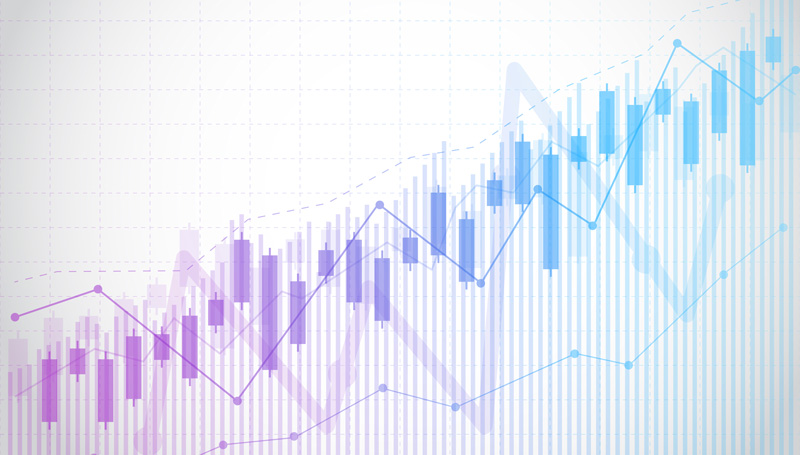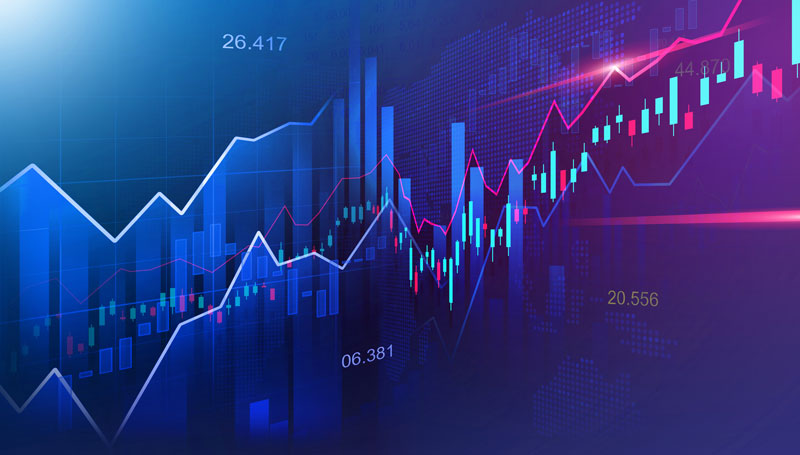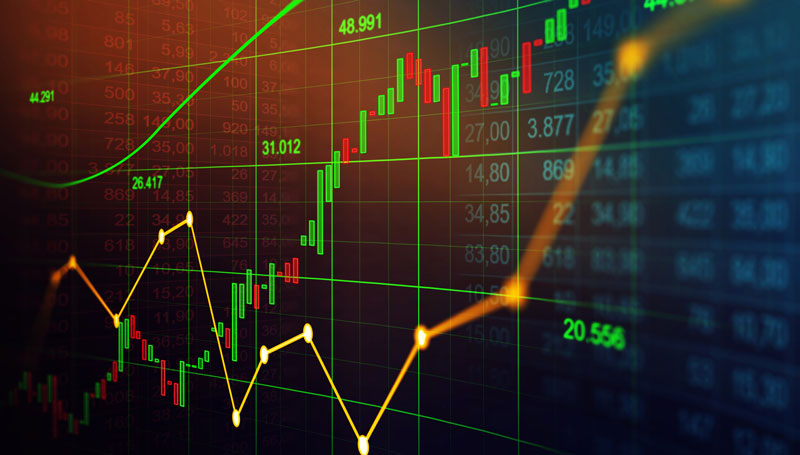

10.09.2019 – Daily report. Just don’t get caught on the wrong foot. Because on Thursday the European Central Bank will be speaking. In addition, bad data from China is slowing the buying mood. Global trade is therefore waiting. The shareholders in Frankfurt are also holding back.
Caution in Frankfurt
This day should be rather quiet, as long as there are no unexpected requests to speak from politicians – e.g. about Brexit or the China/USA customs dispute. For the decisive topic was the upcoming ECB meeting, or rather waiting for it. Most investors are sure that the central bank will lower the interest rate for deposits with the central bank on Thursday. However, it is unclear how big the move will be and whether ECB boss Mario Draghi will also announce a resumption of security purchases. The DAX thus fell by 0.3 percent to 12,196 points in early trading.
Focus on automotive stocks
Meanwhile, investors’ attention was focused on automotive stocks and on Frankfurt, where the IAA will start with the press day. You should expect this in the coming days in the German mass media: glowing reports about fantastic electric cars and critical comments about the fact that the German car industry is simply not changing fast enough. We will see it in the interest shown at the IAA and in the sales figures. Of course, the e-strategy will have an impact on stock prices.
Dampers from China
Meanwhile, scepticism on the stock markets was fuelled by figures from Chinese industry, which had to make the biggest price cuts in three years in August. According to the statistics office in Beijing, producer prices shrank by 0.8 percent compared to the same month last year. Demand is therefore falling. The same picture was seen for cars, with sales stagnating in August.
As always, you can find an overview of all the data here: Market Mover
As a result, the CSI-300 in China fell by 0.4 percent to 3,956 points. A small report regarding the customs dispute was hardly noticed: Huawei Technologies withdrew its lawsuit against the US government for confiscation of equipment. In Japan, on the other hand, the Nikkei closed with a plus of 0.4 percent at 21,392 points.
Waiting in New York
Wall Street, too, had presented itself inconsistently the evening before. The Dow Jones closed 0.1 percent higher at 26,835 points. The S&P 500 left virtually unchanged at 2,978 points. And the Nasdaq Composite fell 0.2 percent to 8,087 points.
Break from Brexit Theatre
In Great Britain, the forced break of parliament will initially bring some peace and quiet to the Brexit Theater. Queen Elisabeth II enacted the law which obliges Prime Minister Boris Johnson to request a three-month postponement of the Brexit until the end of January if he does not reach a resignation agreement by 19 October. But Johnson wants to lead his country out of the EU at the end of October as planned, if necessary, even without an agreement. The British Parliament has also rejected Johnson’s request for new elections for the second time in a week. Now even the last voter on the island must have understood that the political functionaries in the parliament are not interested in the will of the people.
What is also stupid about the British voter: what country, still in a state of consolation, would risk leaving the world’s largest trade union and going it alone? Which state, relying on its own strength, would say goodbye to a political bloc that is milking it financially and imposing laws on it that do not suit it? Right: The United States of America in 1776. We quoted from a letter to the editor in an English newspaper. Otherwise, the opposition is likely to form during the five-week break, so keep an eye on the British pound situation on your trading platform.
This is what the day brings
Silently the lake rests on this Tuesday. There are no important big dates in the calendar, which speaks for a quiet trade. But even with small movements you can make good profits thanks to the leverage with CFD – even in small niches of the market.
At best the JOLTS data to the job offers in the USA could interest the Wall Street or the forex trade at 16.00 o’clock.
The Bernstein Bank wishes successful trades!
Important Notes on This Publication:
The content of this publication is for general information purposes only. In this context, it is neither an individual investment recommendation or advice nor an offer to purchase or sell securities or other financial products. The content in question and all the information contained therein do not in any way replace individual investor- or investment-oriented advice. No reliable forecast or indication for the future is possible with respect to any presentation or information on the present or past performance of the relevant underlying assets. All information and data presented in this publication are based on reliable sources. However, Bernstein Bank does not guarantee that the information and data contained in this publication is up-to-date, correct and complete. Securities traded on the financial markets are subject to price fluctuations. A contract for difference (CFD) is also a financial instrument with leverage effect. Against this backdrop, CFD trading involves a high risk up to the point of total loss and may not be suitable for all investors. Therefore, make sure that you have fully understood all the correlating risks. If necessary, ask for independent advice.





















